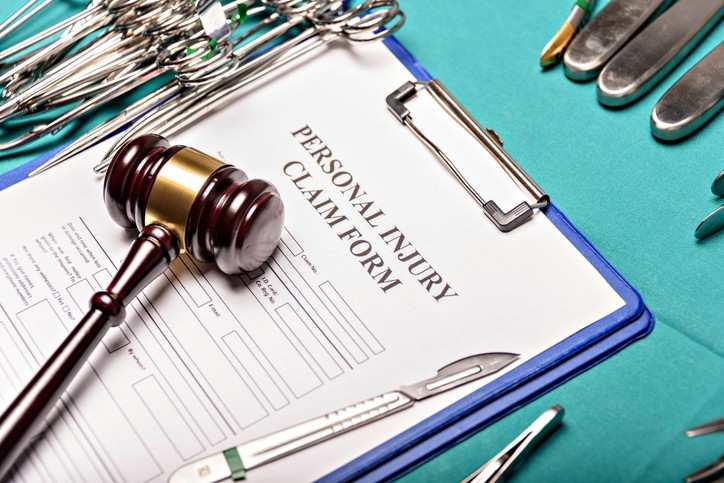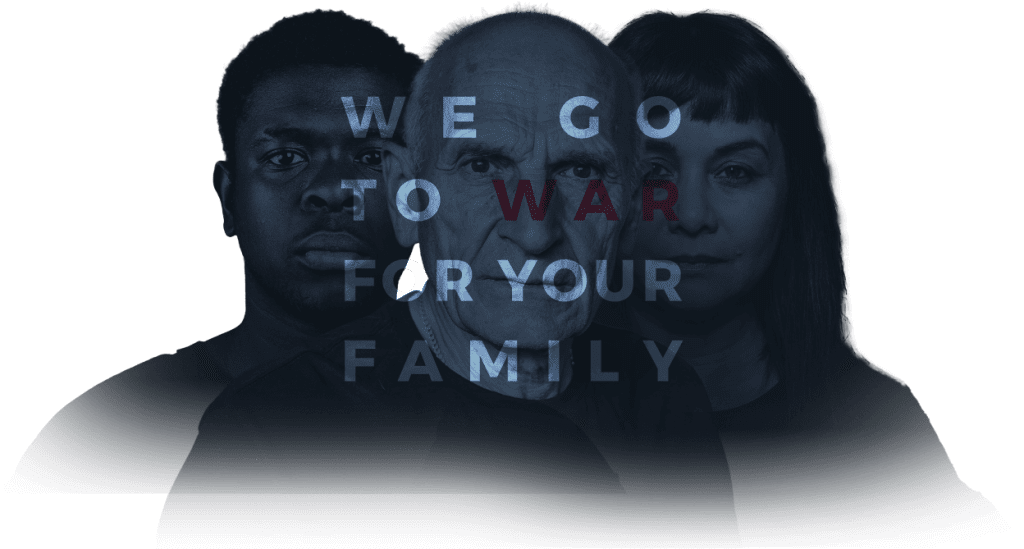Facing mounting medical bills while your personal injury case is still open can feel overwhelming. People often wonder how these expenses will be handled, especially when waiting for a settlement or judgment. The answer is not always straightforward, as various factors play a role. At Altman Nussbaum Shunnarah, we understand how essential it is for you to receive both medical care and peace of mind during this difficult time. Our firm is here to shed light on how medical expenses are typically managed in an ongoing personal injury case.

Immediate Costs Versus Long-Term Expenses
Medical bills in a personal injury case can be split into two categories: immediate costs and long-term expenses. Immediate costs include emergency care, hospital stays, and diagnostic tests, all of which arise soon after the injury occurs. These initial expenses can add up quickly and often require prompt payment. Meanwhile, long-term expenses can include rehabilitation, physical therapy, follow-up appointments, and ongoing treatment needs. Some injuries may even require lifelong medical care, creating a need to consider future medical costs when pursuing compensation.
Although many people assume that personal injury cases provide instant relief from medical bills, the reality is different. Since the legal process can take time, it is important to understand how medical expenses will be covered in the interim.
Using Health Insurance for Immediate Medical Needs
One of the most common ways to cover medical bills during an ongoing personal injury case is through health insurance. If you have health insurance, your policy may pay for a large portion of your medical costs upfront. This can include emergency room visits, surgeries, and other essential treatments. When you use your health insurance, you can ensure you receive timely care without waiting for the personal injury case to conclude.
After your health insurance pays for the treatment, it may issue a “lien” on your case, allowing the insurer to recover its expenses from any settlement you receive. This practice, known as subrogation, means that a portion of your settlement may be used to reimburse your health insurer for what it has already covered. Many people are surprised to learn that even with insurance, they may still need to repay part of their settlement to cover medical costs.
The Option of Medical Liens
In cases where health insurance does not fully cover your medical expenses, medical providers may agree to treat you on a “lien basis.” A medical lien is an agreement between you and your healthcare provider where they agree to provide necessary treatment while deferring payment until your case is resolved. Essentially, the medical provider is betting on the outcome of your case, understanding that they will only be paid once you receive compensation. This arrangement can be beneficial if your health insurance policy does not cover all treatment needs or if you lack insurance altogether.
However, medical liens are not without risks. Since payment is deferred, providers may charge higher rates than they would for upfront payments. This can result in a larger portion of your settlement covering these bills once the case is closed. It is essential to discuss the implications of a medical lien with your attorney to understand how it could impact your overall recovery.
Personal Injury Protection (PIP) and MedPay
Some auto insurance policies include Personal Injury Protection (PIP) or Medical Payments Coverage (MedPay). These play a very important role in settling bills as you wait for your case to conclude. PIP and MedPay are often included in car insurance policies and can offer immediate assistance for medical bills.
- PIP provides broader coverage, paying for medical expenses, lost wages, and other related costs. However, PIP policies come with maximum limits that vary by state and policy. In no-fault states, PIP coverage is often mandatory, providing essential funds right away.
- MedPay, on the other hand, is a simpler form of coverage that pays for medical bills but does not extend to lost wages. It also has lower policy limits than PIP but can still help alleviate the burden of initial medical bills.
These coverages can provide an immediate financial cushion for injury-related costs, making it easier for you to focus on recovery.
Seek Legal Help
Managing medical bills during a personal injury case requires careful attention and legal expertise. At Altman Nussbaum Shunnarah, we have extensive experience helping clients deal with these challenges. Contact us today to learn how we can help with your personal injury case and medical bill management.




